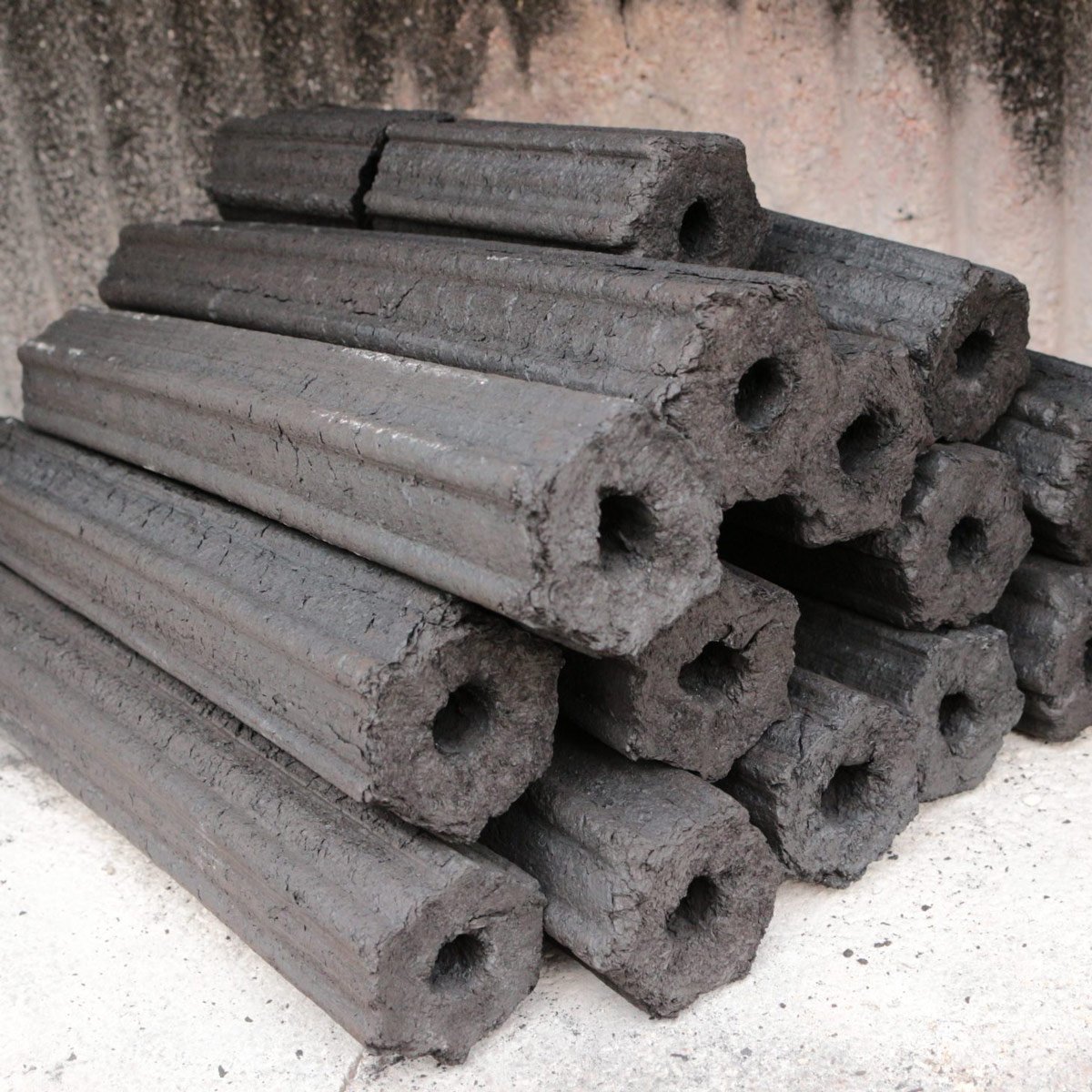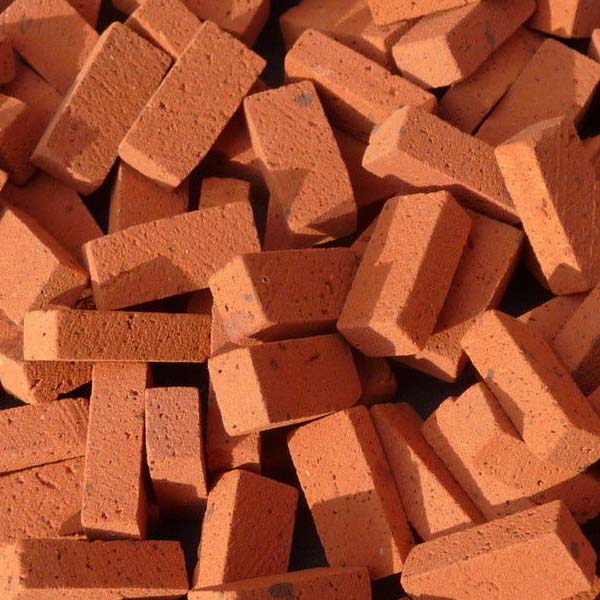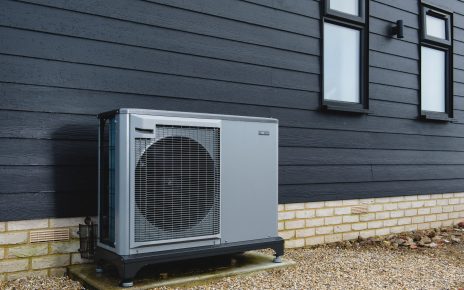In recent years, the puitbriketi müük has gained significant attention as a sustainable alternative to traditional fuel sources. These small, compressed blocks of organic material have been making a remarkable difference in rural communities worldwide. In this article, we will explore the positive impact of briquette usage on rural communities, shedding light on how this eco-friendly innovation has improved lives and the environment.
Reducing Deforestation and Environmental Degradation
One of the most profound effects of the sale of wood briquettes is the substantial reduction in deforestation rates in rural areas. In many developing regions, people rely heavily on wood and charcoal for cooking and heating. This leads to the indiscriminate cutting down of trees, resulting in severe deforestation and environmental degradation. Wood briquettes provide an alternative energy source that significantly reduces the demand for firewood, preserving local forests and mitigating the effects of climate change.

Improved Air Quality and Health Benefits
Traditional cooking methods, such as open fires and rudimentary stoves, release harmful pollutants and particulate matter into the air. This pollution contributes to respiratory diseases and other health issues, especially among women and children who spend more time indoors. Wood briquettes produce considerably less smoke and harmful emissions, leading to improved indoor air quality and better health outcomes for rural communities.
Economic Empowerment and Job Creation
The production and sale of wood briquettes often create opportunities for entrepreneurship within rural communities. Local residents can engage in briquette production, helping to stimulate economic growth and alleviate poverty. Additionally, the increased demand for briquettes generates manufacturing, transportation, and sales jobs, further enhancing these communities’ financial stability.
Enhanced Cooking Efficiency
Wood briquettes are designed to burn more efficiently and evenly compared to traditional firewood. This efficiency reduces cooking time and lower fuel consumption, leading to cost savings for households. Rural families can allocate their resources to other essential needs, such as education and healthcare, thereby improving their overall quality of life.
Access to Clean and Renewable Energy
In remote areas where access to electricity is limited, wood briquettes offer a reliable and renewable source of energy. This accessibility to clean energy can power small appliances, charge devices, and provide lighting, improving the daily lives of rural residents and promoting connectivity.
Reduction in Carbon Footprint
By utilizing wood briquettes, rural communities contribute to the global effort to reduce carbon emissions. The production and combustion of briquettes release fewer greenhouse gases compared to traditional wood fuels, helping to combat climate change and its adverse effects.
Community Development and Collaboration
The sale of wood briquettes often involves community-based initiatives and organizations. These collaborative efforts promote a sense of community and shared responsibility, fostering unity and a stronger sense of identity among residents.

Conclusion
The impact of briquette usage on rural communities is undeniably positive, with benefits ranging from environmental conservation and improved health to economic empowerment and reduced carbon footprints. As we continue to seek sustainable energy and resource management solutions, the sale of wood briquettes stands out as a shining example of how innovation can transform lives and protect our planet.
In a world where environmental challenges are ever-present, embracing alternative energy sources like wood briquettes can lead us toward a brighter, more sustainable future for rural communities across the globe.



